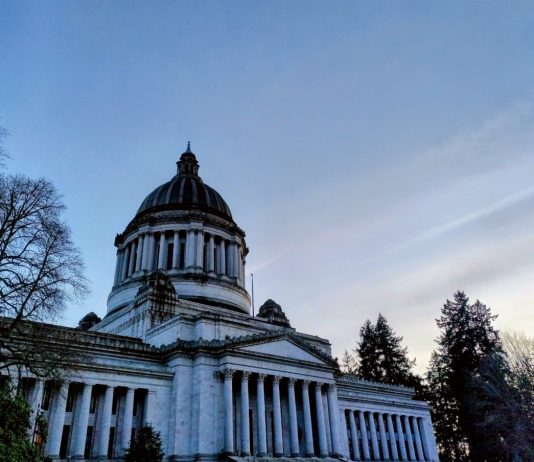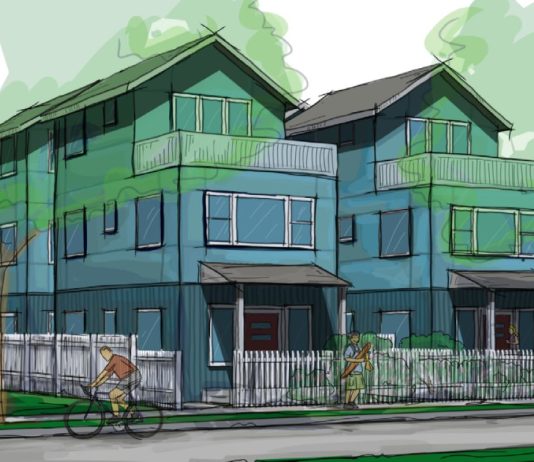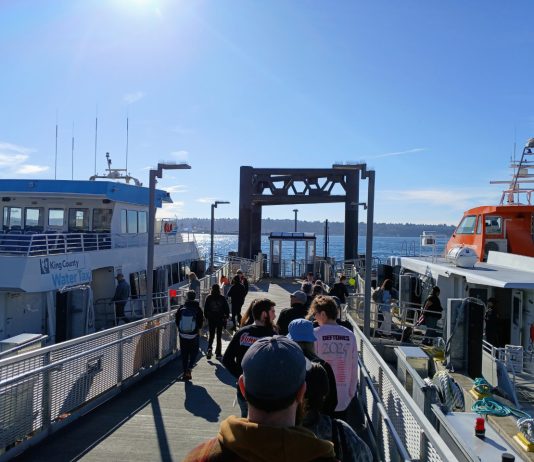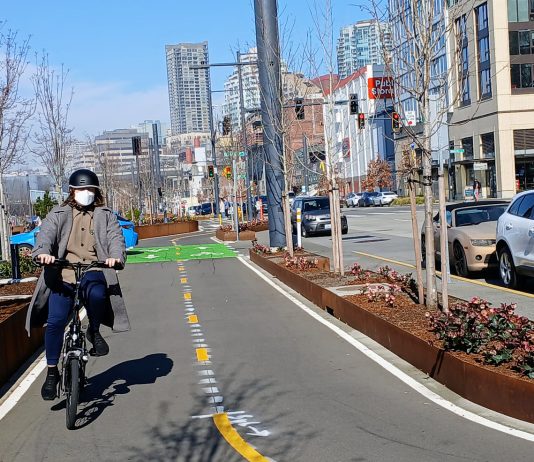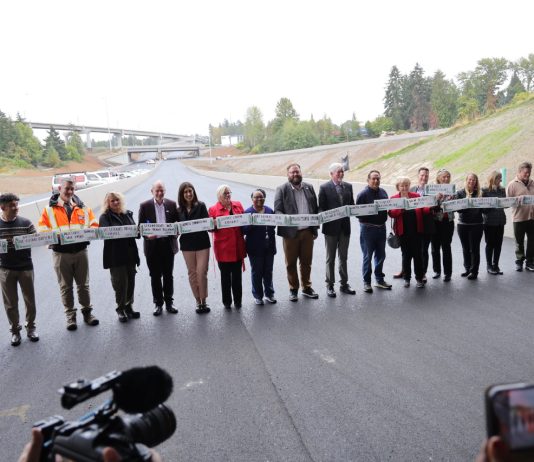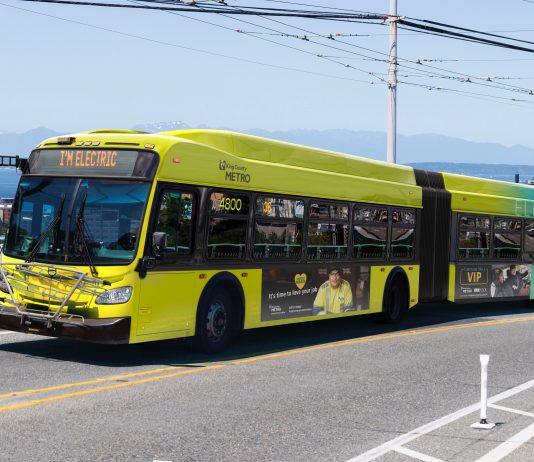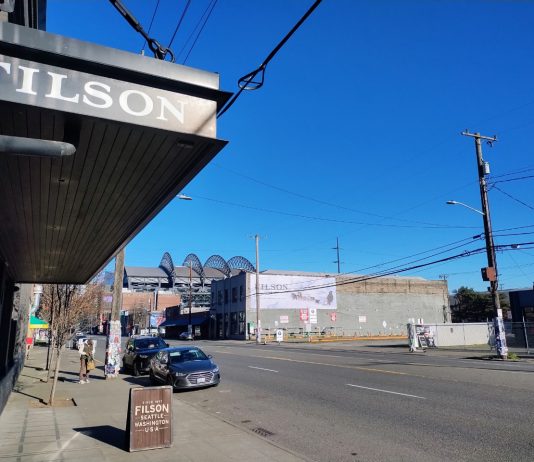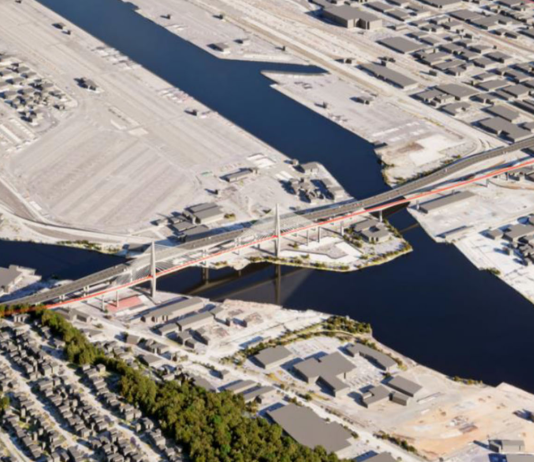Ryan Packer
685 POSTS
0 COMMENTS
Ryan Packer has been writing for The Urbanist since 2015, and currently reports full-time as Contributing Editor. Their beats are transportation, land use, public space, traffic safety, and obscure community meetings. Packer has also reported for other regional outlets including BikePortland, Seattle Met, and PubliCola. They live in the Capitol Hill neighborhood of Seattle.
The rent stabilization bill that the Washington State House approved this week scaled back other protections for renters, including a cap on move-in fees and late fees. The bill now heads to the Senate.
An interim ordinance will allow Seattle to meet a state deadline, and decide how to allow four and six units on residential lots around the city. But exactly how to do that will likely be a hotly debated issue on the city council.
House Bill 1923, approved by an 87-8 vote by the Washington House of Representatives, would allow more local governments to set up passenger ferry districts to serve riders. It heads to the state Senate.
The 1.2-mile bike lane restores a connection along the central waterfront that hasn't existed in years, and is sure to turn into one of the city's most highly-used bike facilities.
In choosing how to fill a $1 billion budget hole over the next two years, Washington State lawmakers are being forced to take a hard look at deferring or even cancelling some long-planned highway capacity projects.
County Executive Dow Constantine says Metro has made the right choices when it comes to balancing service expansion needs with transitioning the fleet toward climate-friendly electric alternatives, even as the agency faces significant financial headwinds in the years to come.
The 3-2 vote in committee sets up a final decision later this month, but the Port of Seattle is suggesting they may take legal action against the move.
The 30 to 60 days of additional review isn't unique to Sound Transit's light rail project, CEO Goran Sparrman said, but will nonetheless likely alarm many transit advocates and threaten the project's schedule.

